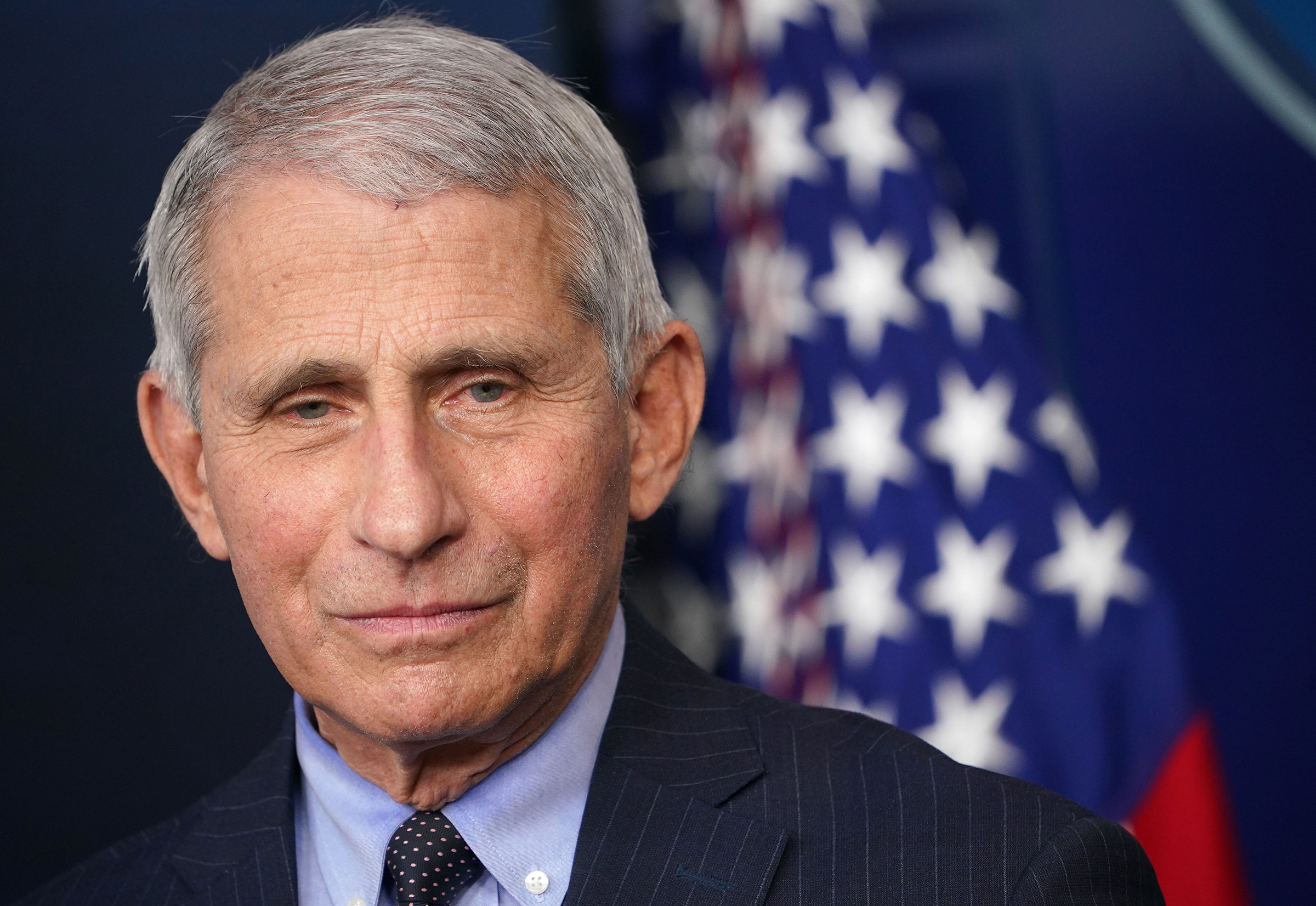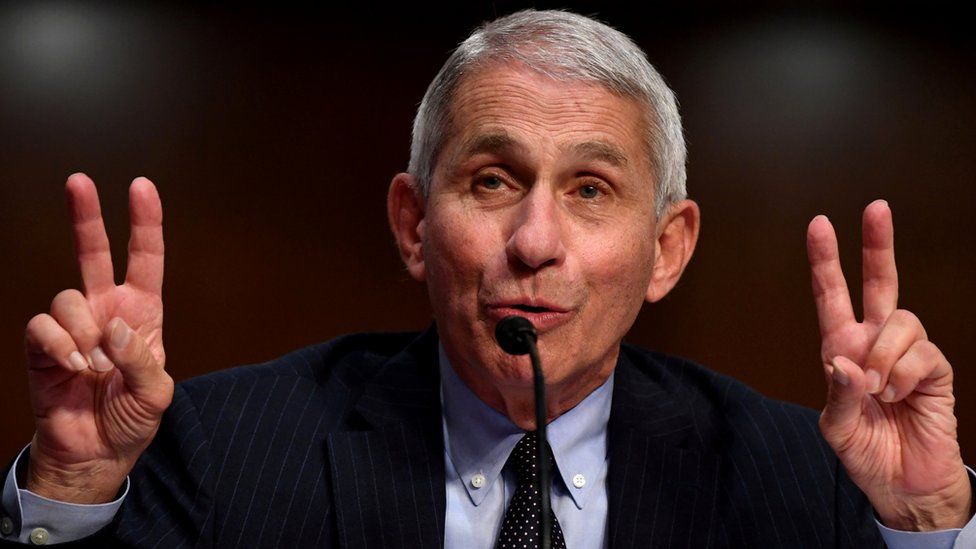Was Anthony Fauci a key figure in navigating the complexities of the COVID-19 pandemic, or has his legacy become more complicated with time? The narrative surrounding Dr. Anthony Fauci, the former director of the National Institute of Allergy and Infectious Diseases (NIAID), is undeniably a multifaceted one, marked by both extraordinary achievements and persistent controversies.
His influence extended far beyond the scientific community, shaping public health policies and becoming a household name during a period of unprecedented global crisis. Faucis career spanned over five decades, beginning in 1968 at the National Institutes of Health (NIH) and culminating in his retirement in December 2022. During this time, he served under seven different presidents, advising them on a wide range of health-related matters, making him one of the most recognizable and influential figures in American medicine.
| Category | Details |
|---|---|
| Full Name | Anthony Stephen Fauci |
| Date of Birth | December 24, 1940 |
| Place of Birth | Brooklyn, New York City, New York, U.S. |
| Nationality | American |
| Education | Cornell University (B.A., 1962) Cornell University Medical College (M.D., 1966) |
| Known for | Director of the National Institute of Allergy and Infectious Diseases (NIAID); Chief Medical Advisor to the President; Leading role in the COVID-19 pandemic response. |
| Career Highlights | Served as NIAID Director from 1984-2022; Led research on HIV/AIDS and other infectious diseases; Key advisor during the COVID-19 pandemic. |
| Awards and Honors | Presidential Medal of Freedom; National Medal of Science; Numerous honorary degrees and awards from scientific and medical organizations. |
| Family | Married to Christine Grady |
| Official Website Reference | National Institute of Allergy and Infectious Diseases (NIAID) - Official Biography |
Fauci's parents, Antonino Fauci and Calogera Guardino, hailed from Sciacca, Italy. His maternal grandfather, Raffaella Trematerra of Naples, Italy, was a dressmaker. His maternal grandfather, Giovanni Abys, born in Switzerland, was an artist, creating landscapes, portraits, and illustrations. The influence of his familys background may have played a role in shaping his values.
- Mkvmoviespoint Risks Legality Safe Movie Alternatives In 2024
- Hdhub4u Bollyflix Risks Safety Legal Alternatives
Fauci earned his M.D. in 1966 from the Cornell University Medical College in Ithaca, New York. As a resident physician, he worked at New York Hospital in his hometown, New York City, before joining the National Institute of Allergy and Infectious Diseases (NIAID), a part of the National Institutes of Health (NIH) in Bethesda, Maryland, in 1968. He assumed leadership in 1974.
On January 20th, as he was leaving the White House, President Joe Biden issued a preemptive pardon. The week before, the federal department of health issued a statement about Fauci.
President Biden's pardon of Dr. Anthony Fauci may offer protection to the former National Institutes of Health official, shielding him from immediate criminal prosecution. However, it does not fully remove the shadow of suspicion. Some critics express concern about Fauci's past conduct, alleging actions like the use of private email for official communication. When questioned about this in congressional testimony, Fauci stated, Let me state for the record that to the best of my knowledge, I have never conducted official business via my personal email, in a sworn statement provided to Congress.
- Mothers Warmth Chapter 3 Jackermans Heartfelt Story Unveiled
- Jeremy Allen White Height Net Worth More All You Need To Know
His responses to inquiries regarding the origins of the COVID-19 virus and the efficacy of certain treatments have been scrutinized. Accusations include the alleged suppression of alternative viewpoints and a perceived bias toward certain pharmaceutical interventions.
Further complicating the matter are questions surrounding the potential for conflicts of interest, particularly concerning Fauci's financial ties and involvement in research grants awarded to institutions conducting COVID-19-related studies. Critics point to the possibility that these connections may have influenced the direction of scientific inquiry and the promotion of specific treatments or vaccines.
In the House of Representatives, the House Oversight and Accountability Committee Select Subcommittee on the Coronavirus has held hearings. The goal is to scrutinize Faucis actions during the pandemic. Key areas of interest include the origins of the COVID-19 virus, the use of federal funds, and the decision-making process surrounding public health guidelines and treatments. These investigations have the potential to unearth new information and further shape public perception of Faucis legacy.
Fauci, a renowned immunologist and former director of the National Institute of Allergy and Infectious Diseases (NIAID), has garnered significant recognition for his contributions. He has received the award for excellence in public policy and public affairs from the American Academy of Arts and Sciences. He has delivered major lectures worldwide and is the recipient of numerous prestigious awards, including the Presidential Medal of Freedom, the National Medal of Science, and the George M. Kober Medal of the Association of American Physicians.
However, his tenure has also faced substantial controversy. His handling of the HIV/AIDS crisis in the 1980s and 1990s, particularly the response of the scientific and medical communities, remains a point of contention. Critics claim that his actions in the early stages of the epidemic were slow and inadequate, leading to preventable suffering and loss of life. These criticisms challenge the narrative of Fauci as a consistent champion of public health.
The impact of Fauci's work extends beyond the immediate concerns of the pandemic. His advocacy for public health measures, like vaccination, has shaped government policies. He has worked to raise awareness of the importance of scientific research and international cooperation. The development of treatments and vaccines for diseases like HIV/AIDS and influenza bears his mark. His career has also been defined by strong leadership during public health crises and his success in advancing biomedical research.
Moreover, the legacy of Anthony Fauci is still being written. The unfolding investigations and the continued debate over his actions during the COVID-19 pandemic will significantly influence his standing in history. As more documents are released, and as new perspectives are considered, a fuller and more nuanced understanding of his impact will continue to develop.
One area of potential inquiry is Faucis congressional testimony last summer denying his use of private email to conduct official business. Let me state for the record that to the best of my knowledge I have never conducted official business via my personal email, Fauci wrote in his sworn statement to congress. This is one of the issues of focus to the Oversight and Accountability Committee Select Subcommittee. It is still unclear whether these alleged actions led to any ethical violations or further legal consequences.
The ongoing scrutiny of Faucis actions during the pandemic raises questions about the level of accountability required for high-ranking public health officials, especially during emergencies. The public's trust in scientific institutions depends on transparent and ethically sound leadership. It is crucial to balance the need for swift and decisive action during a crisis with the requirement for strict oversight and accountability.
Ultimately, the legacy of Anthony Fauci is complex and contested. His achievements in public health and scientific leadership are undeniable. But questions surrounding his actions and decisions continue to spark debate. Future scholarship and investigation are sure to refine our comprehension of his life and influence. This is one of the key challenges for medical professionals during any medical crisis.
- Movierulz Alternatives 2025 Safe Legal Streaming Options
- Lara Rose Leak Privacy Digital Exposure Its Impact Latest Insights


